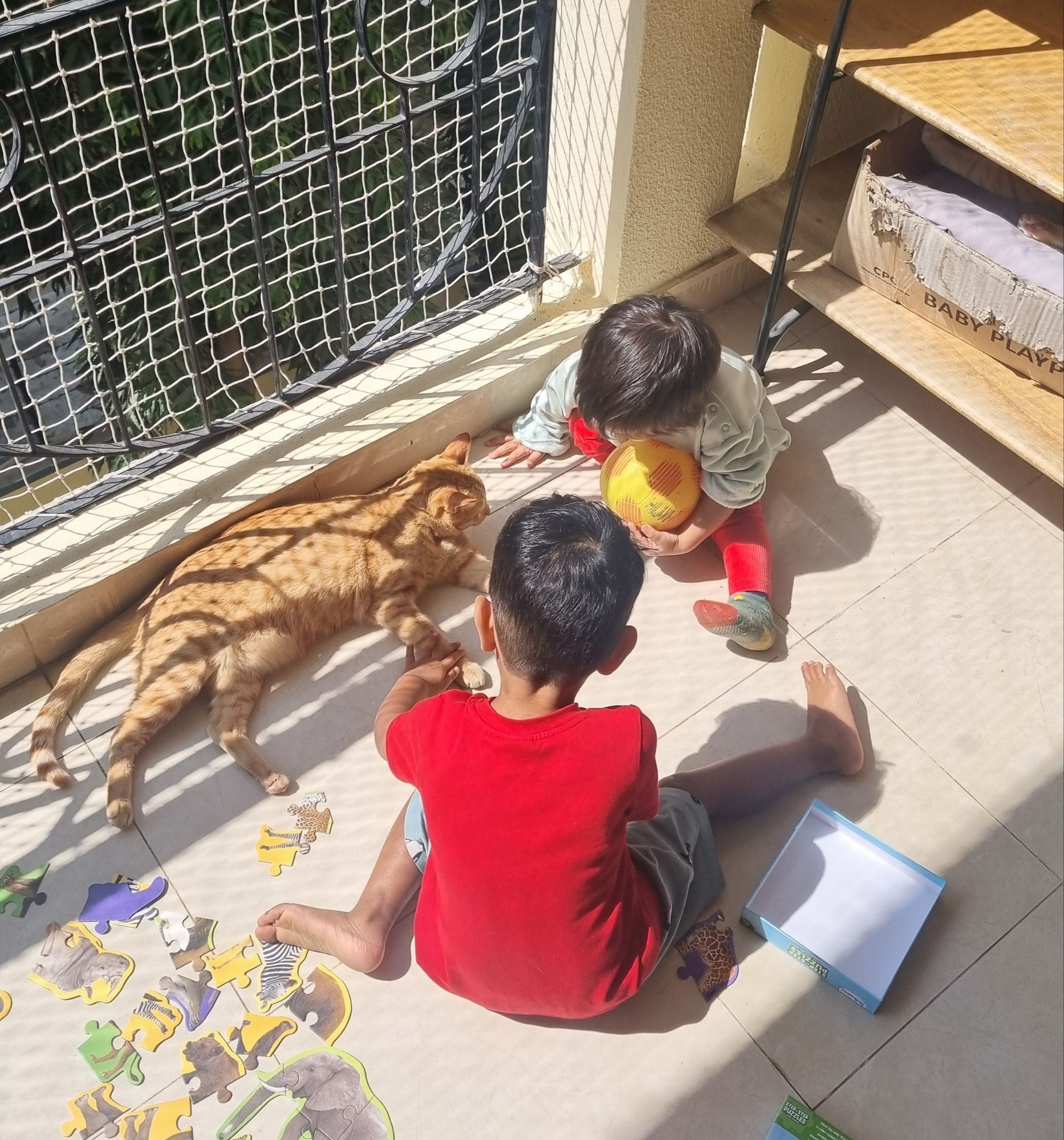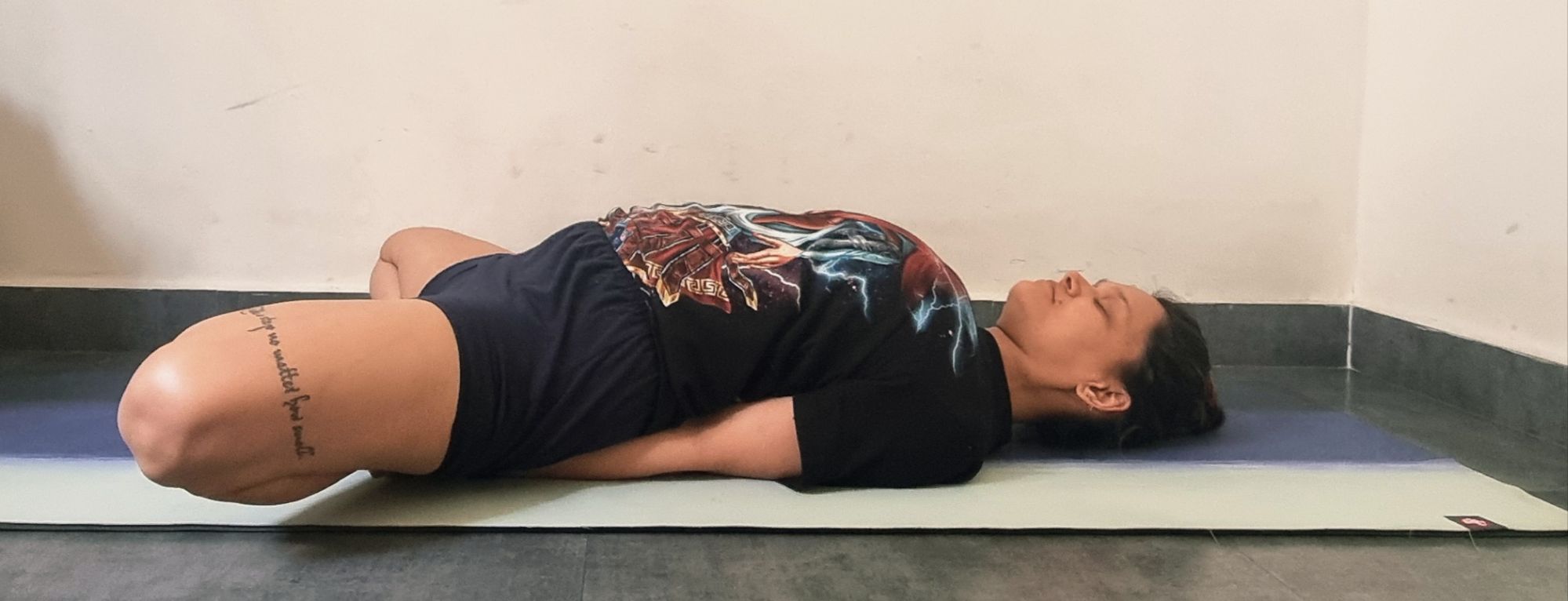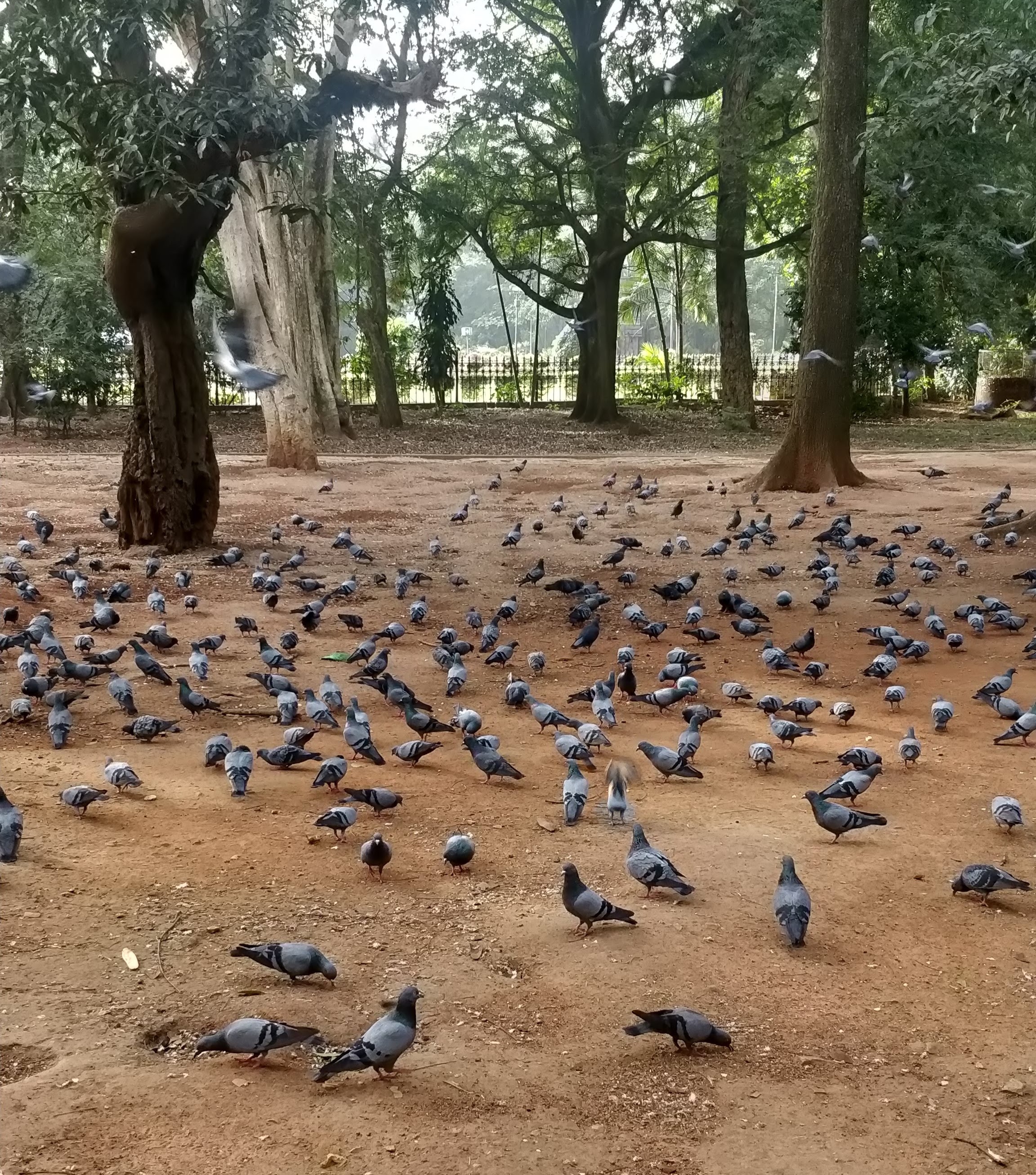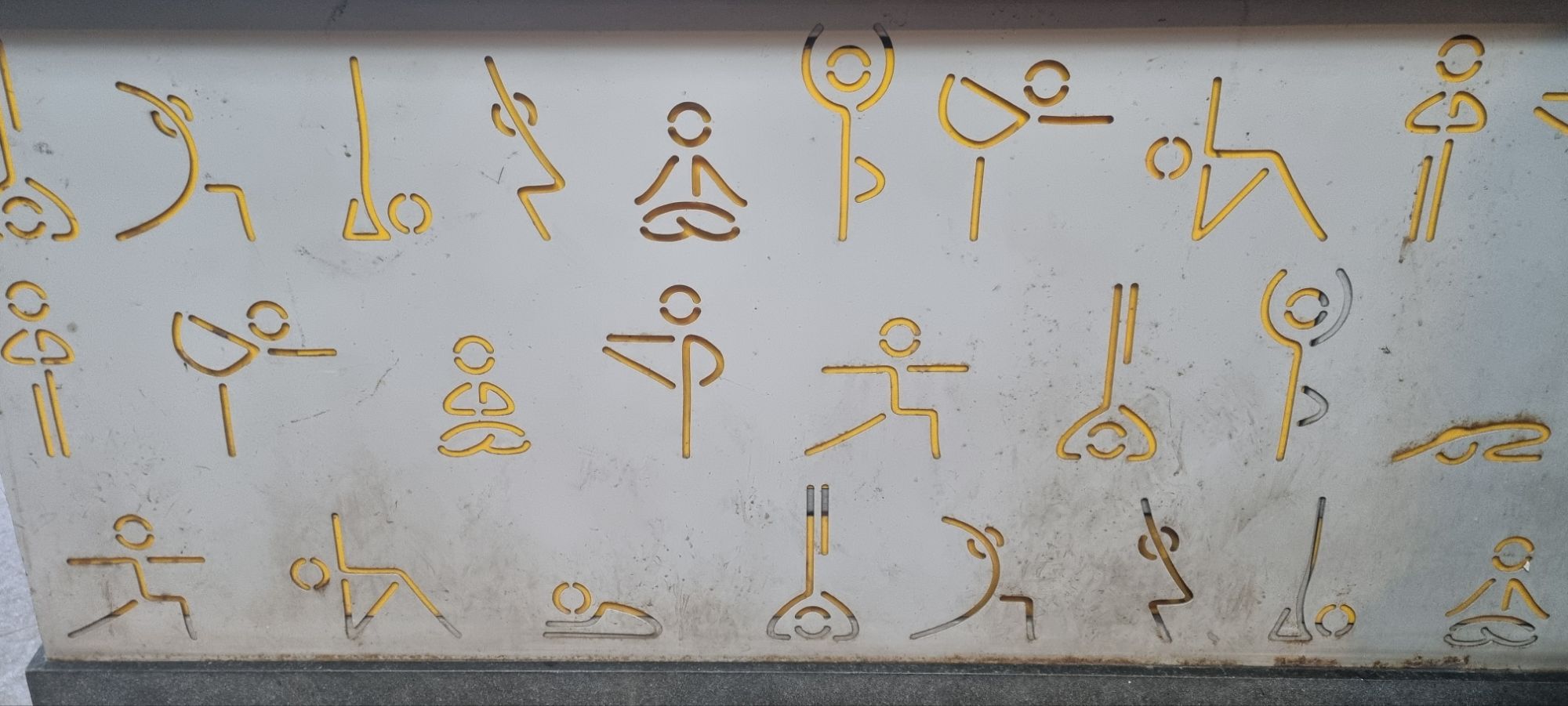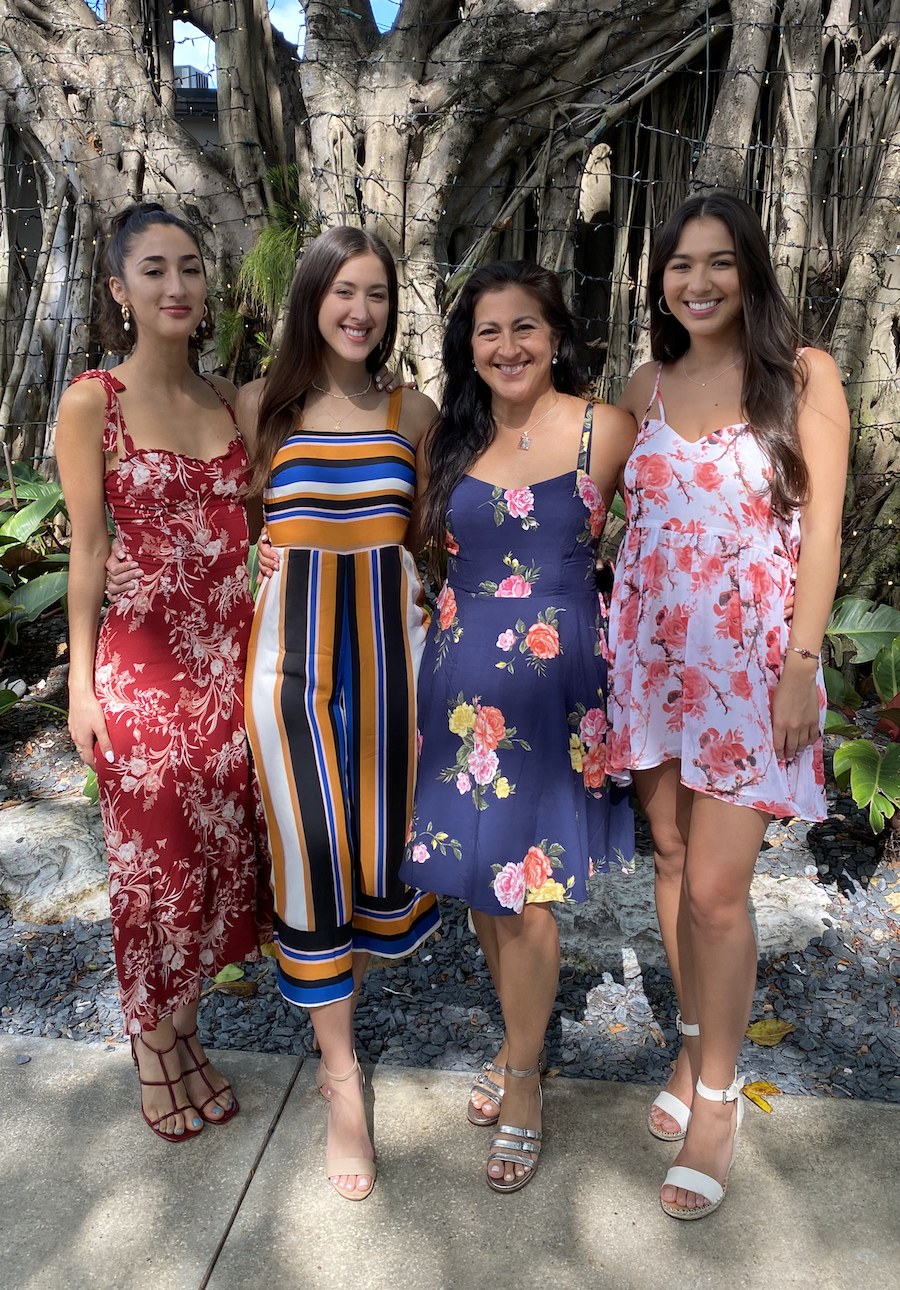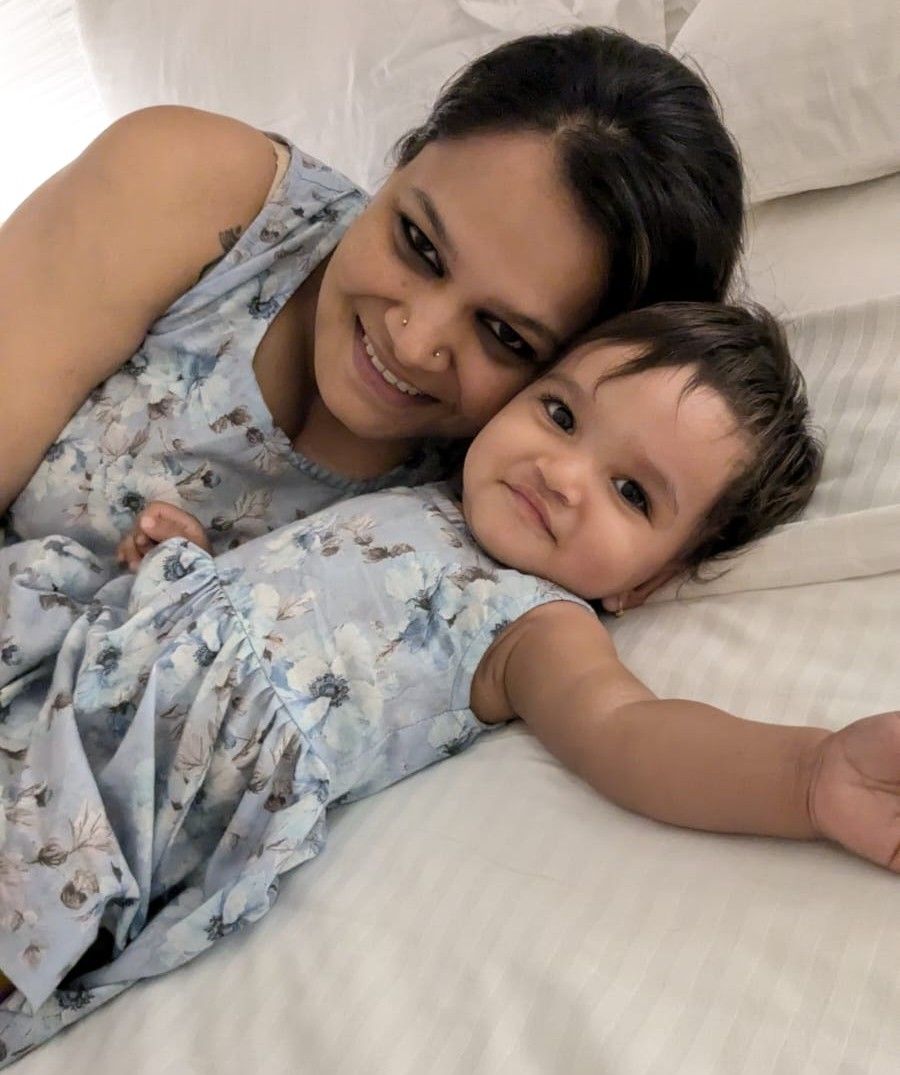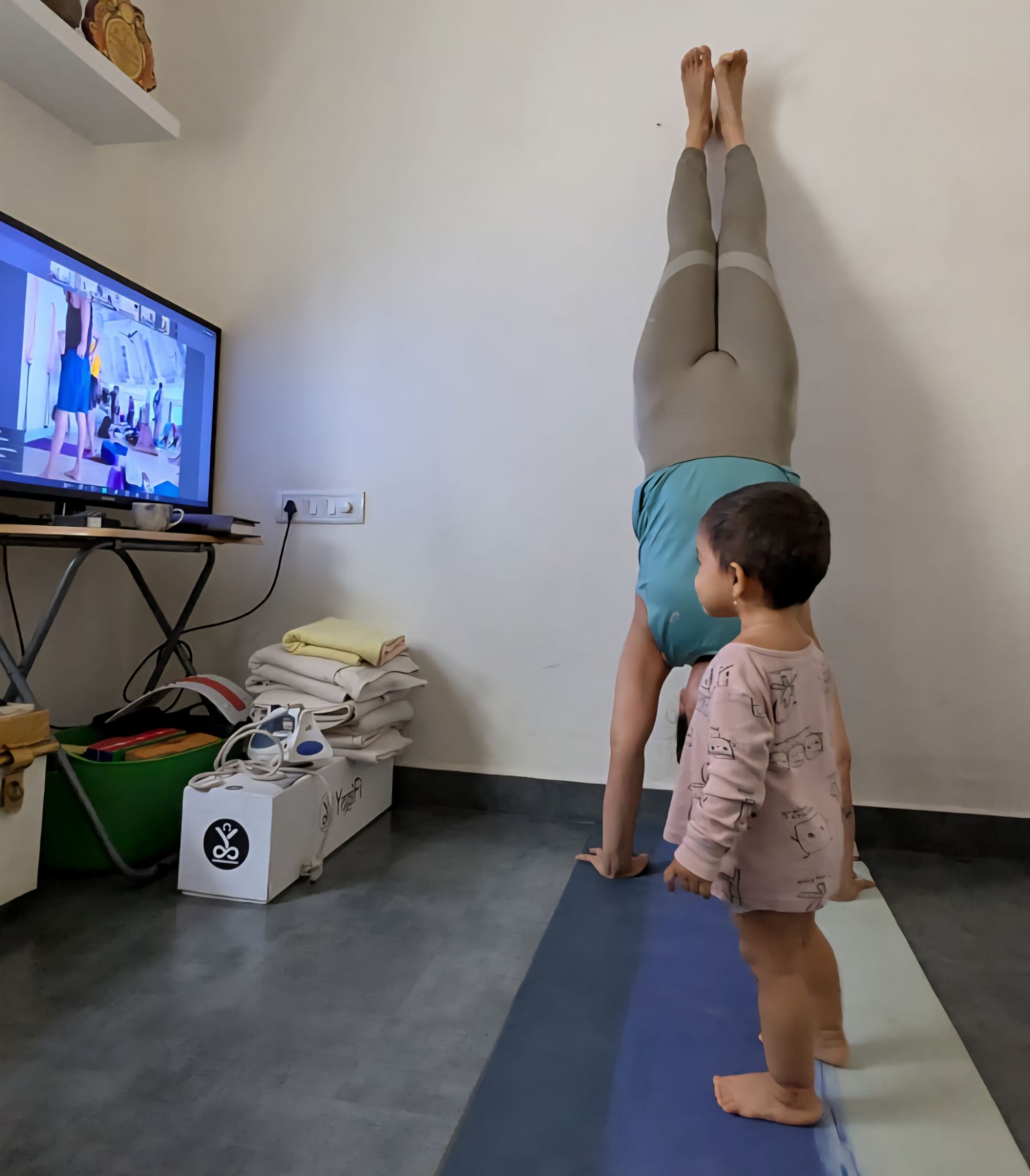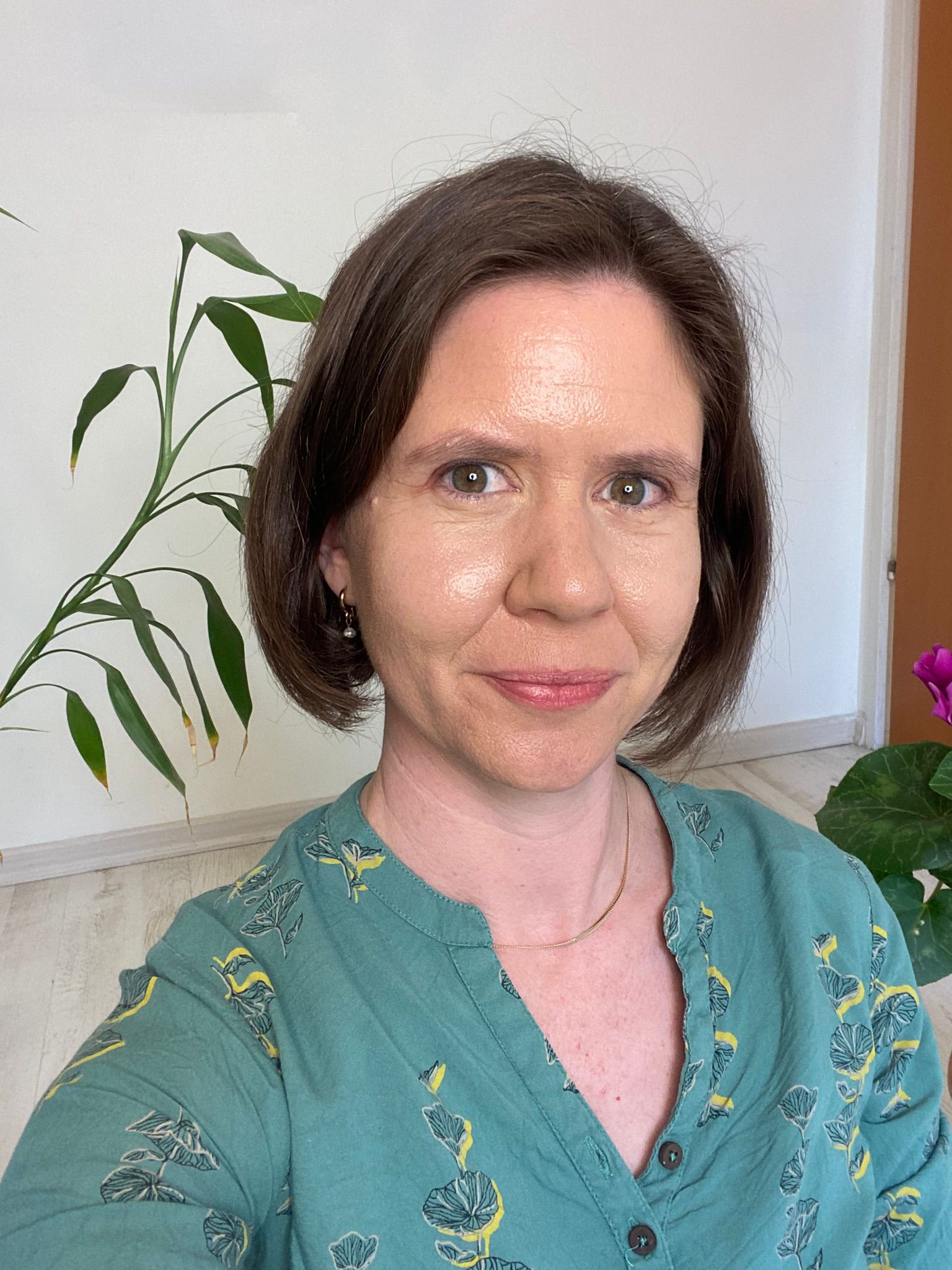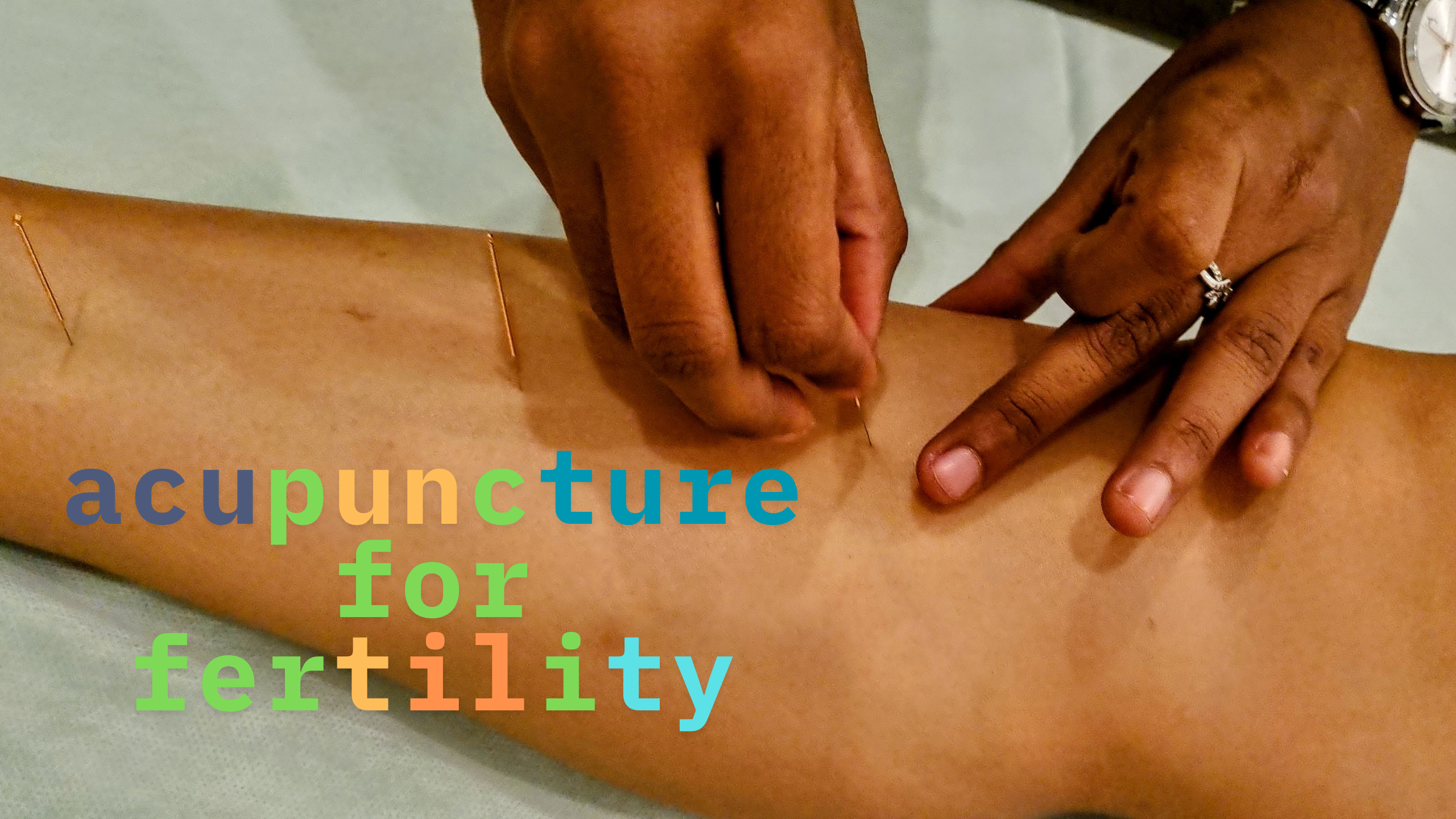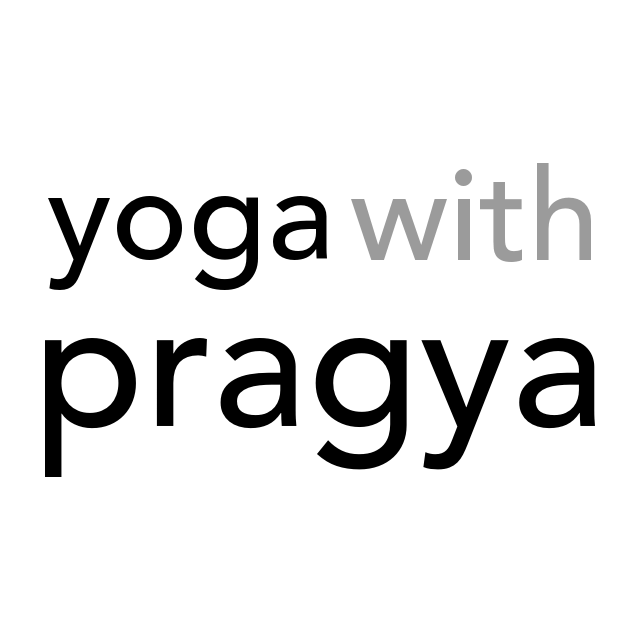How I Found Agi Wittich
I first came across Agi Wittich and her work on Facebook. I saw a post about ‘Yoga Readers‘ — an online book club that reads and discusses books on yoga. Agi is unique in that she brings structure and academic rigor to reading yoga, a direct result of her extensive work in academia. In a world where yoga is a popular buzzword and just about everyone claims to be a teacher or expert, I find her approach refreshing—it compels me to think about my postpartum yoga practice and what it means to me as a woman, mother and yoga teacher.
It was in one of these meetings that Agi said, “As a woman, I’m in postpartum until I’m in another phase of a woman’s life.” As someone who had crossed the one-year postpartum mark, I was intrigued by this statement. It made me question the idea of ‘normal’ that women in postpartum often think about. I often wonder if I’m irrevocably changed and should put the past version of me to rest. I decided to ask Agi to speak with me about her experience and thoughts on motherhood and postpartum as a yoga teacher. I was sure that, just like her book club meetings, our conversation would also be remarkable and insightful.
Yoga as a Tool for Postpartum Presence
Agi’s statement stems from her study of Yoga: A Gem for Women, Geeta Iyengar’s seminal book — the first book to focus on yoga primarily for women. In the book, Geeta details how yoga can benefit women in different phases of life (menstruation, pregnancy, postpartum, menopause) and provides detailed yoga sequences for each phase, including postpartum yoga practice. She speaks from a point of kindness and compassion for a woman’s changing body, focusing on nurturing women through these phases for long-term health and happiness. I love what this means for the yoga practice — that it’s not a static sequence of asanas that limbs execute day after day. Rather, it’s a practice that curves and bends and twists with us as we navigate what it means to live and breathe and interact with the world, and have a body that is receptive to life.
That our practice serves our bodies and not the other way around.
The Asceticism of Motherhood
Agi also put into words an experience me and other mothers know intimately – the ‘asceticism’ of motherhood. As our babies start to explore the world, they grab and pull at our earrings, our hair, our jewellery, and our clothes. Mothers find themselves removing anything that ‘gets in the way’ (of our babies, but also our lives). This process of shedding the unnecessary goes beyond just the physical and also reflects in out emotional landscape — we let go of relationships, thought patterns, even just things that can no longer be adjusted to the complexity of our new lives. (Postpartum is often about reassessing and then reclaiming these things — perhaps discarding them was a momentary need and they are useful after all.) In a strange way, this act of asceticism helped me assert myself — I would take for myself what served me and leave the rest to its destiny.
Why These Conversations Matter
My conversation with Agi helped me see my postpartum phase not as a recovery period, but as a lived, ongoing practice in its own right. Motherhood—like yoga—needs presence, flexibility, and a willingness to keep evolving. The postpartum phase doesn’t have a fixed end point, it’s a stop on the journey. These conversations help me approach this phase without losing myself, and that’s why I share them—because if listening to others helps me, then it might help you too.
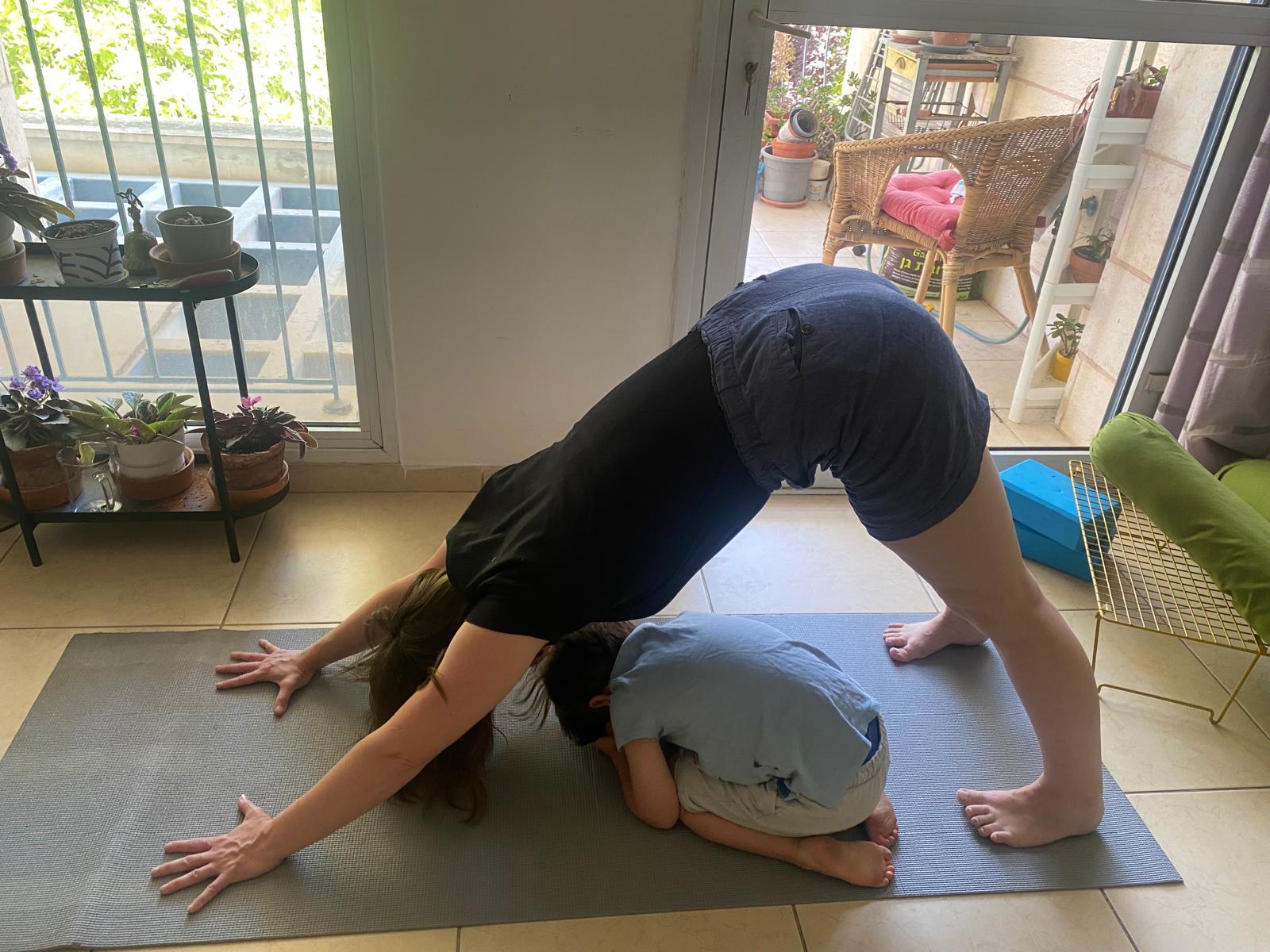
Agi Wittich and postpartum yoga practice.
I recently also had a conversation with Ashtanga yoga teacher Mariela Cruz about her experience with motherhood and yoga. You can read it here.
